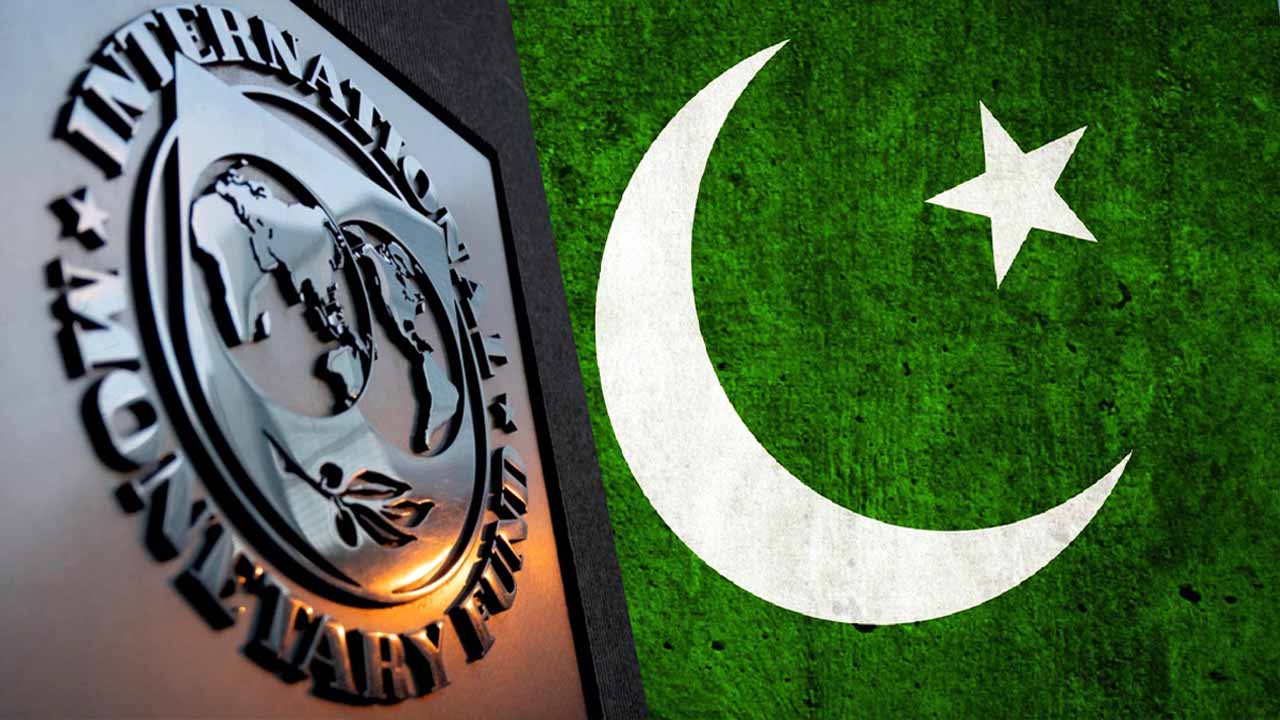At the end of this month, an IMF delegation will travel to Pakistan to discuss the stalled ninth review of the country’s ongoing funding programme.
The IMF provided Pakistan with a $6 billion bailout in 2019, which was increased by an additional $1 billion in 2022. However, the lender halted disbursements in November because Pakistan had not made further progress on fiscal reduction and economic reforms.
“At the request of the authorities, an in-person Fund mission is scheduled to visit Islamabad January 31st–February 9th to continue the discussions under the ninth EFF review,” according to IMF Resident Representative in Pakistan Esther Perez Ruiz.
A successful visit is crucial for Pakistan, which is facing an increasingly acute balance of payments crisis and is desperate to secure external financing with less than three weeks’ worth of import cover in its foreign exchange reserves.
Multilateral and bilateral financing pledges for the cash-strapped country’s effort to rebuild after devastating floods last year are also tied to the country getting the green light from the IMF.
According to Ruiz, the mission’s main objectives would be power sector reforms and local and international sustainability restoration strategies, such as strengthening the budgetary situation while aiding flood victims.
The reinstatement of a market-based process to decide the value of the Pakistani rupee would also be discussed, she added. The country must have such a structure in place before receiving IMF assistance, but up until this week, it had not done so.
The relaxation of price ceilings that the government had established but that the IMF disagreed with has resulted in a loss of close to 10 per cent of the value of the Pakistani rupee in just two days.
In just two days, the local currency has lost close to 10 per cent of its value after the removal of price caps imposed by the government, which the IMF opposed.
Stronger policy initiatives and reforms, according to Ruiz, are essential for Pakistan to get financial help from official partners and the markets and to lessen the high level of uncertainty that is weighing on its future.
Market observers claimed that the IMF programme was trying to be restarted when the price limitations were abruptly removed.







